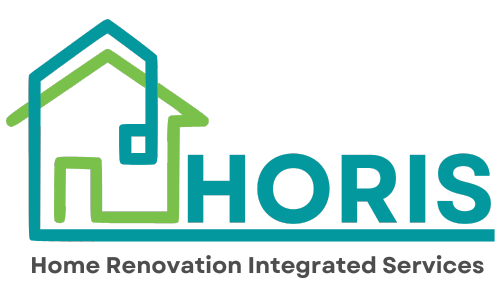Last Thursday, the EU-ASE held a second edition of the “European Energy Efficiency Day” conference – an opportunity for IEECP to post on the topic “a visual explainer accordion” on Instagram and remind our participation to last year’s edition, with a discussion on making energy efficiency visible (recording still available).
During the session ‘Energy Efficiency: Empowering Citizens and Repowering the EU’, speakers discussed what needs to be done to support consumers in making energy-saving decisions. Millions of Europeans currently suffer from energy poverty, with 70% of buildings in the EU not fit for the 21st century, home renovation is a pressing issue both for people’s purses and the planet. Speakers agreed that a people-first approach was crucial in helping to alleviate energy poverty and modernise the building stock in Europe.
How to get citizens on board with the energy transition?
First, we must take charge of the narrative surrounding energy efficiency. People should be able to get accurate and reliable information from trustworthy sources. It is critical to counter disinformation and myths that surround energy-saving solutions. Delivering the right message about energy savings so that consumers understand the issue is key. While we need everyone to renovate their homes, special attention should be paid to vulnerable people. Strategies should be in place to target those in most need and help them reduce their costs.
The watchword of the session was integration. Consumers often struggle to see what the best option for them is. In the current system, consumers face a myriad of choices when deciding on energy efficiency measures, and not only that, but the funding and advice system is often fragmented, making it difficult for people to find the information they require. This is exactly the reason-to-be of a recently started EU-funded project: HORIS.
To solve this problem, we need an integrated vision for home renovation that offers consumers advice and innovative financial solutions for energy efficiency measures. Interoperability was also discussed in the session, meaning that we need to consider how different energy-saving solutions will interact with each other in the same building. Each home is different and people need to be sure they are installing the right solutions for their situation.
We still face considerable obstacles on the path to warmer and more energy-efficient homes. But to achieve a fair energy transition, we need to engage the whole of society by offering integrated solutions that break down the home renovation process into simple steps.
The HORIS project will do that, by developing a digital one-stop shop to simplify the home renovation process for consumers and help them identify the best choices to increase energy savings and heat their homes efficiently. Integrated home renovation solutions like the one HORIS aims to provide will support consumers and get us further along the path towards cleaner and greener homes.
Last week (October 12-13) also marked the end of the EPBD (Energy Performance of Buildings Directive) trilogue. To tackle the EU’s leaky building stock, the European Commission revamped the Energy Performance of Buildings Directive (EPBD) in late 2021.
At the core of the proposal were Minimum energy performance standards (MEPS) for residential buildings, which set an obligation to renovate the 15% worst-performing buildings in each EU country, a move meant to target the poorest households who cannot afford to renovate and are the most exposed to energy poverty. Instead of mandatory renovations, legislators seemed to agree that the buildings directive will set out benchmark averages for each EU country, empowered to set out their renovation trajectories to achieve an average performance of the residential building stock by a certain year, with a defined percentage of renovations to be delivered in the worst-performing buildings.
Now, another trilogue should happen before the end of the year, to finetune elements such as precise numbers and definitions towards the finalisation of the EPBD recast. Read more on EURACTIV.


